
Why are routines so important to children?
Key points: 1. Routines foster self-control by providing children with a sense of security and predictability. 2. They promote positive behavior and teach…
Discover the key milestones of physical, cognitive, linguistic and socio-affective child development and understand the science behind child development.
Discover the key milestones of physical, cognitive, linguistic and socio-affective child development and understand the science behind child development.

Key points: 1. Routines foster self-control by providing children with a sense of security and predictability. 2. They promote positive behavior and teach…

Key points: Reading winter-themed books with touch and feel elements is a great way to expose 1-2 year olds to the season. Activities…

Key points: Nature walks are a fun way to get children to practice mindfulness and observe their surroundings, and can be turned into…

Key points: MIT’s research supports the idea that back-and-forth conversation with parents helps foster children’s communication skills and brain response to language. A…
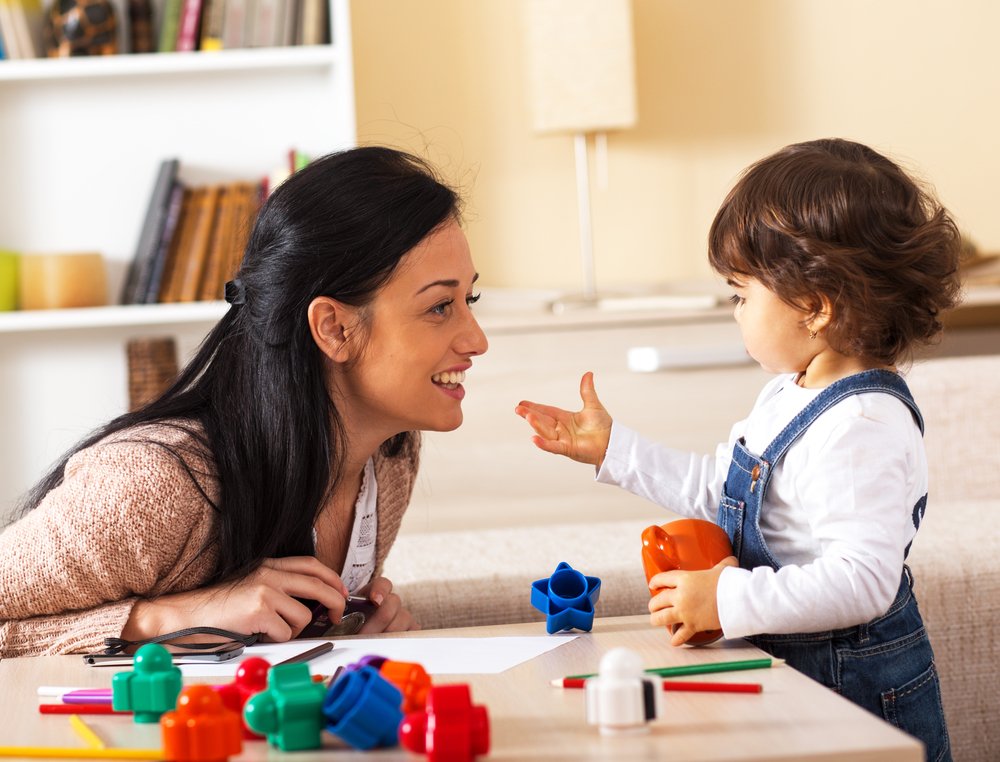
Key points: 1. Environment and attentional abilities impact language development. 2. Attentional abilities progress from face-to-face to including objects, aiding language acquisition. 3….

Key points: 1. Limit screen time for kids (2-5 years). 2. Pack appropriate entertainment for the trip. 3. Engage in word games to…

Key points: 1. Children’s involvement in household cleaning promotes empathy and social connections. 2. Providing kids with their own cleaning tools makes cleaning…

Key points: Begin reading to your baby early with short and simple books, focusing on one concept at a time to match their…

Key points: Pragmatics, or social communication rules, are vital for effective language use. Teach them the importance of nonverbal communication and understanding facial…

Key points: As your child’s pronunciation improves, it becomes easier for others to understand them. This milestone is reached gradually and varies for…
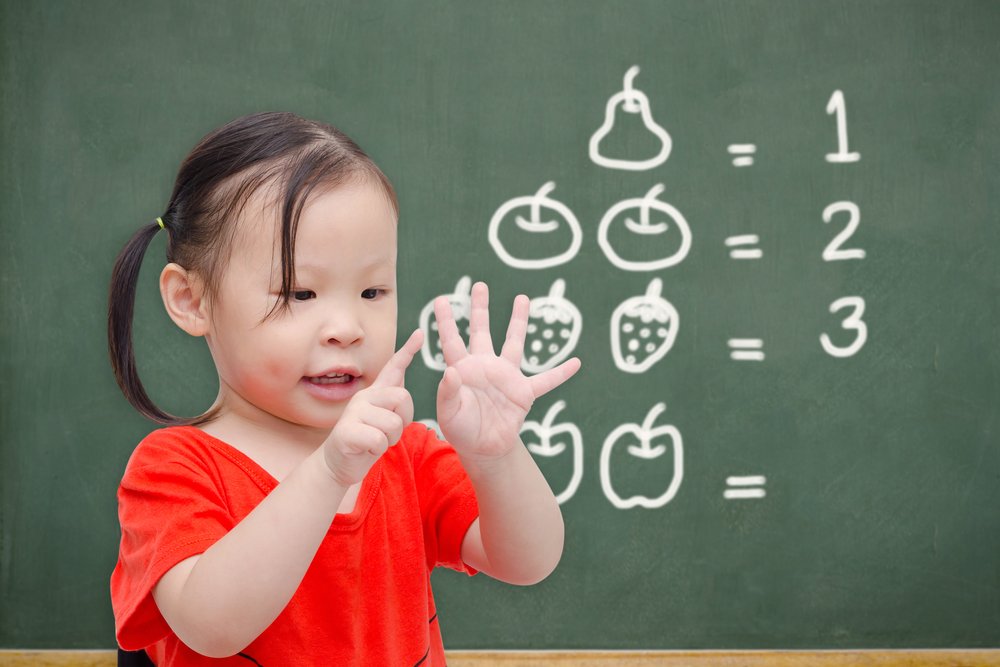
Key points: Plural form of a noun indicates that we are talking about more than one person or object. Regular plural involves adding…
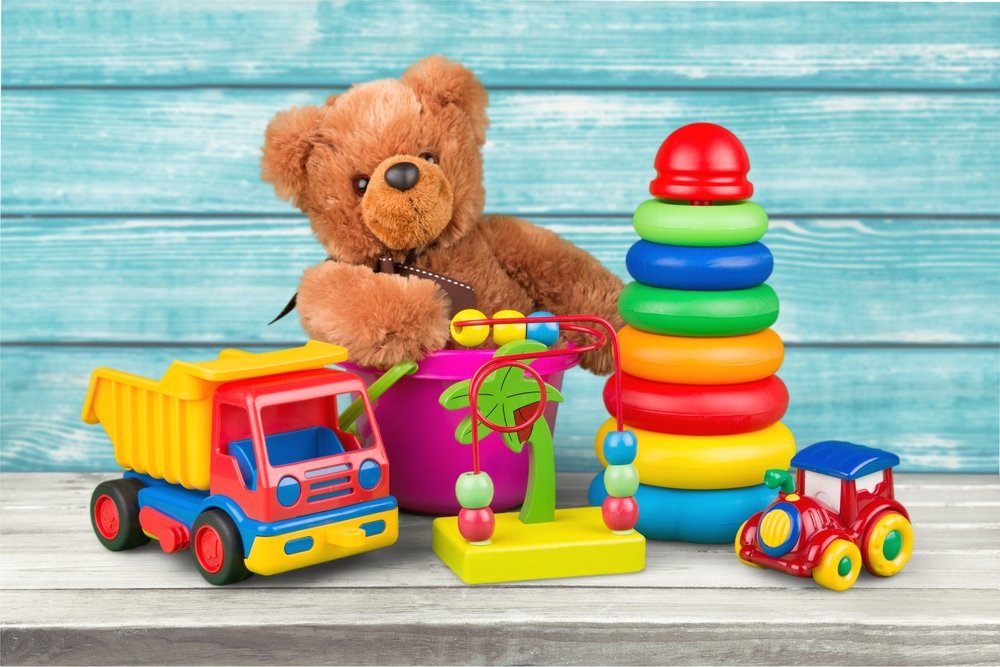
Key points: Pronouns are words that replace specific nouns and give information about gender or number. There are different types of pronouns, subjective…

Key points: Meaningful conversations involve a back and forth exchange between two or more people. Having meaningful conversations with your child builds their…
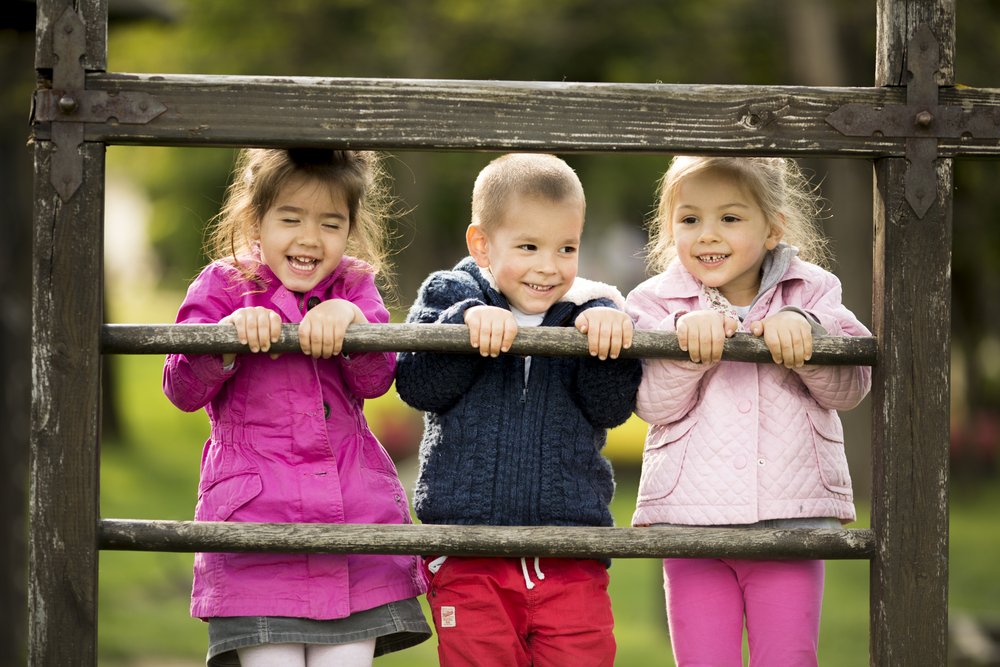
Key points: Girls have superior linguistic skills compared to boys. Girls rely on different parts of the brain to complete language tasks compared…
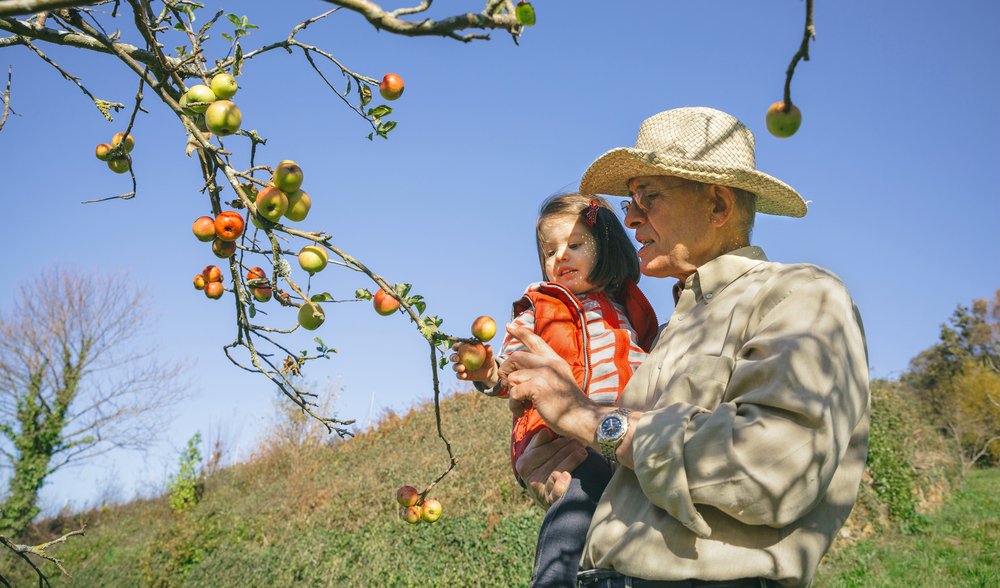
There was probably a point in which you were the only one that could decipher what your little one was trying to say…

Key Points: As your preschooler’s vocabulary expands, their ability to understand more complex language and longer sentences increases. Getting your child’s attention is…

Key points: The quality of interactions between parents and children is more important than the number of words children hear for language development….
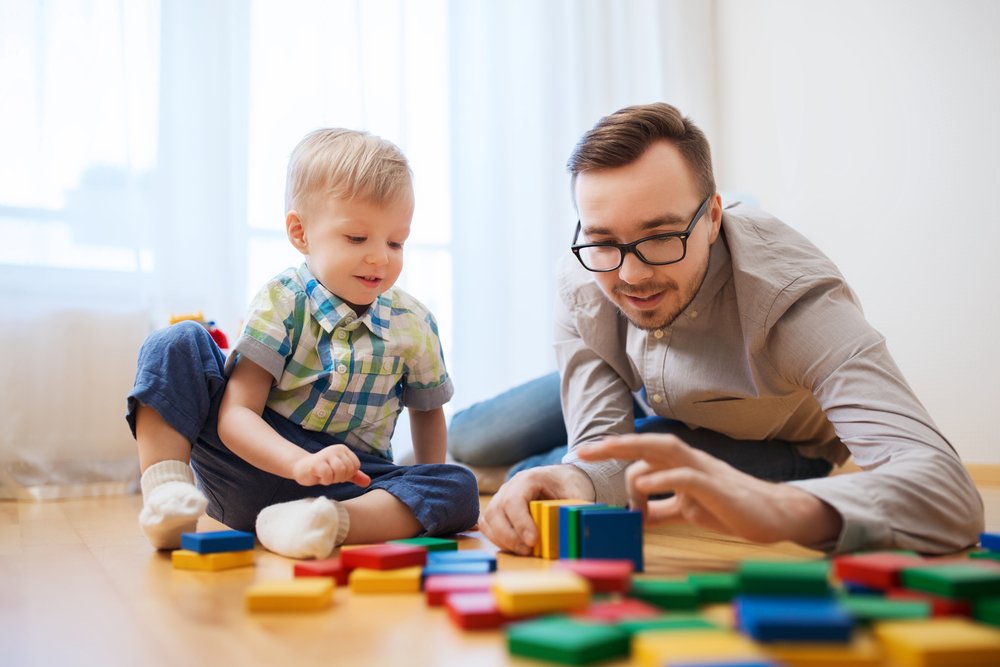
Key points: Children typically begin using verbs or action words in their second year of life, which is an important milestone for language…

Key points: A child’s vocabulary is directly related to later academic success. By age two, children’s vocabulary expands significantly, reaching up to fifty…

Key points: Children may have difficulty pronouncing certain sounds as they develop their language skills. Most children learn to pronounce all word sounds…
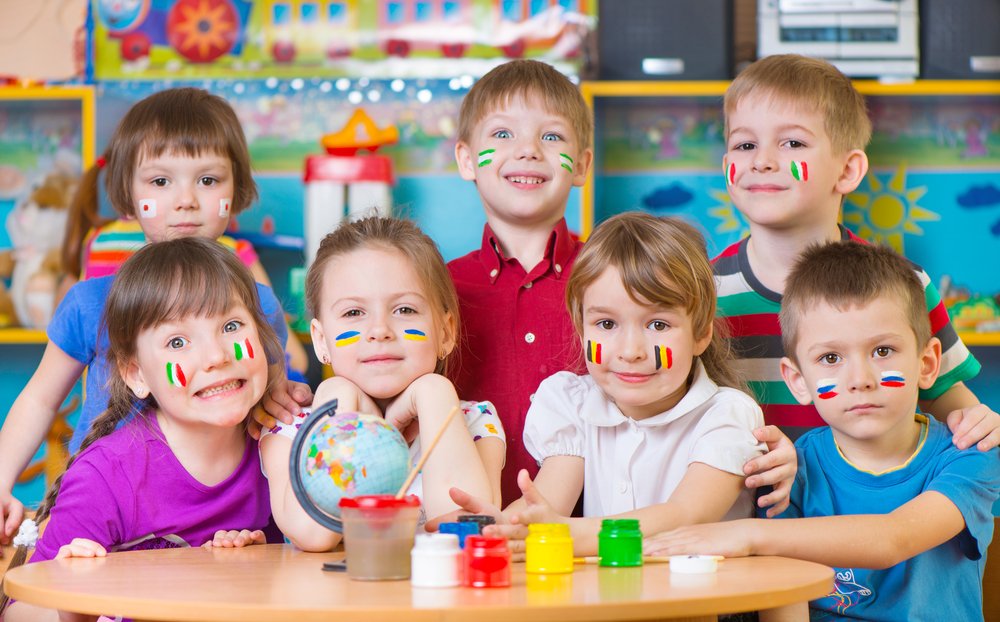
Key points: Children can learn to speak more than one language at the same time, and being bilingual has many advantages such as…